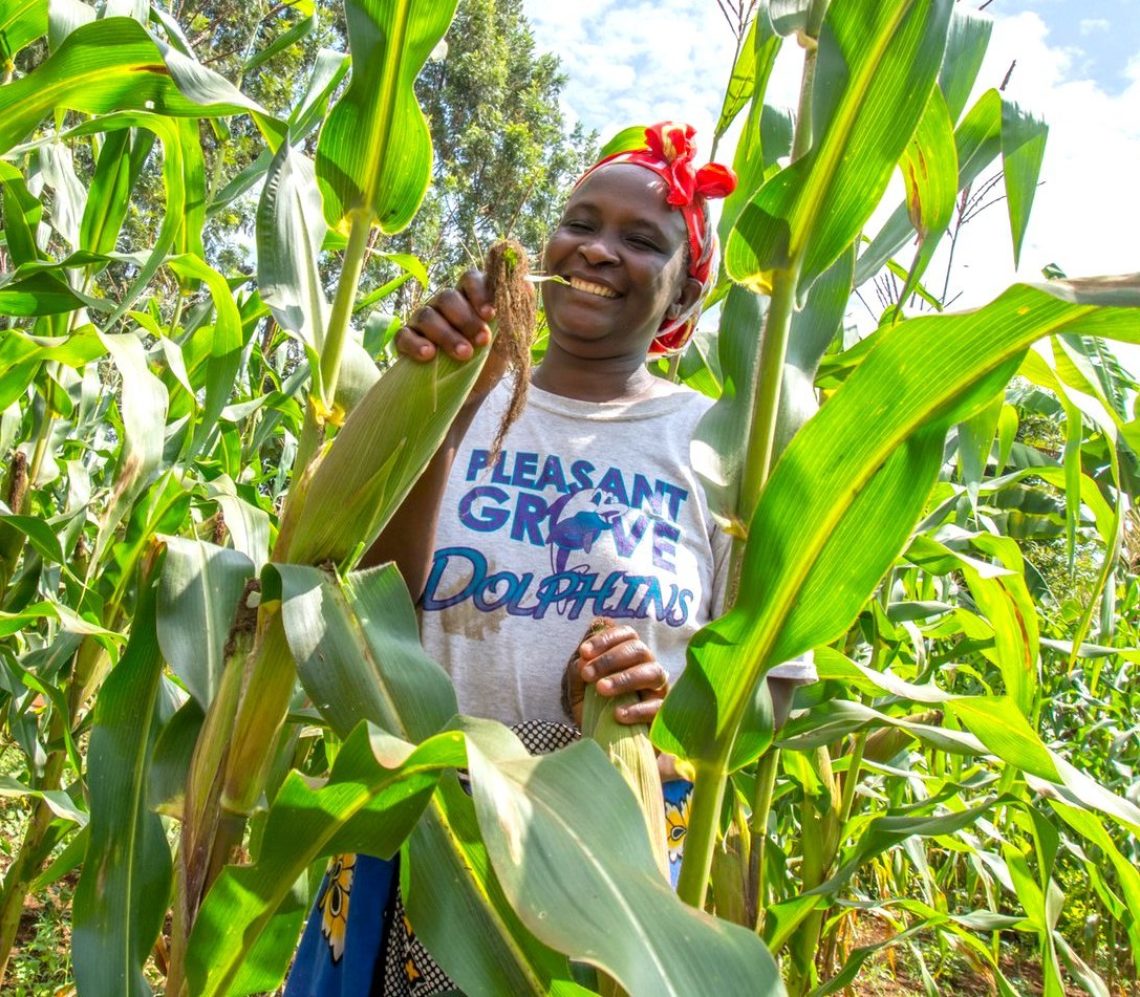Make your 2X MATCHED gift today!
This week only: Every $1 will be matched with $2 to enable women worldwide.
This week only: Every $1 will be matched with $2 to enable women worldwide.
Posted on 05/26/2020
Musoni Microfinance, a microfinance institution (MFI) with the goal to revolutionize the way financial services are delivered to the unbanked in Kenya, was facing a challenge of not rigorously capturing and analyzing performance data of its branch operations and financial products offered to better serve its customers. To support Musoni to overcome this challenge, the USAID-funded Farmer-to-Farmer Access to Finance Program in Kenya, implemented by IESC in partnership with Grameen Foundation, recruited and mobilized a volunteer expert, Mr. David Fay, in November 2019.
As a Senior Product Manager at nCino Inc., with expertise in pricing, profitability, and cloud banking, David was equipped with the critical skills and expertise to assist Musoni to assess the impact of its financial products on smallholder farmers. To support Musoni, David analyzed the data for each product offered by the MFI against its financial and non-financial goals. Analyzing the data allowed him to calculate profitability for each product and understand the performance of each branch and then identify the top-performing products and ones that were underperforming or unprofitable. Ultimately, this will allow Musoni to make financially sustainable product and branch decisions over the long run based on data and analysis.
David also noted that Musoni’s team would have to think outside the box and adopt a longer-term view of profitability and performance to meet its goals. To achieve this, David and Musoni’s staff adjusted the Financial Accounting Standards Board approach, which usually supports shorter-term impacts, to fit longer-term profitability – an approach that required expanding everyone’s perspectives on accounting conventions toward a more useful, strategic and workable definition of profitability. Only after doing this was David able to successfully build a profitability framework that was a better representation of Musoni’s long-term strategic goals.


Because Musoni has always recognized the importance of data analysis, which this assignment emphasized, the MFI had recently hired an internal Data Scientist. Although the hiring occurred after David’s assignment, to ensure continued use and analysis of data to help with decision making, David provided five hours of virtual coaching and training to the new Data Scientist. He trained the new employee on the tools developed through his assignment and the use of a statistical software so that the new hire can continue to demonstrate loan-level return on assets calculations as an indicator of Musoni’s performance and profitability and develop new tools. Musoni’s Data Scientist noted, “despite the short time frame, the volunteer was able to develop a good starting point to the product and branch profitability analysis.”
“Musoni remains a pioneer in the microfinance sector,” said David. “In both its products and technology, Musoni brings creativity and innovation to bear on the challenge of empowering Kenyans to achieve economic empowerment.” David hopes that the profitability analysis will assist Musoni to continue to provide sustainable services moving forward. Upon reflecting on David’s work, Musoni’s Chief Financial Officer said that “while the analysis is in its infancy, once completed, this will allow a 360-view of both branch and product performance for better decision making, particularly relating to agricultural products. Currently, Musoni has 100,000 registered clients of whom 51,000 are active. 30% of the current portfolio relate to agriculture.” Once the tool is fully developed, Musoni anticipates that the percentage of its portfolio catered to agriculture will increase to 40% and that they will be able to reach a greater number of agricultural lenders in Kenya.